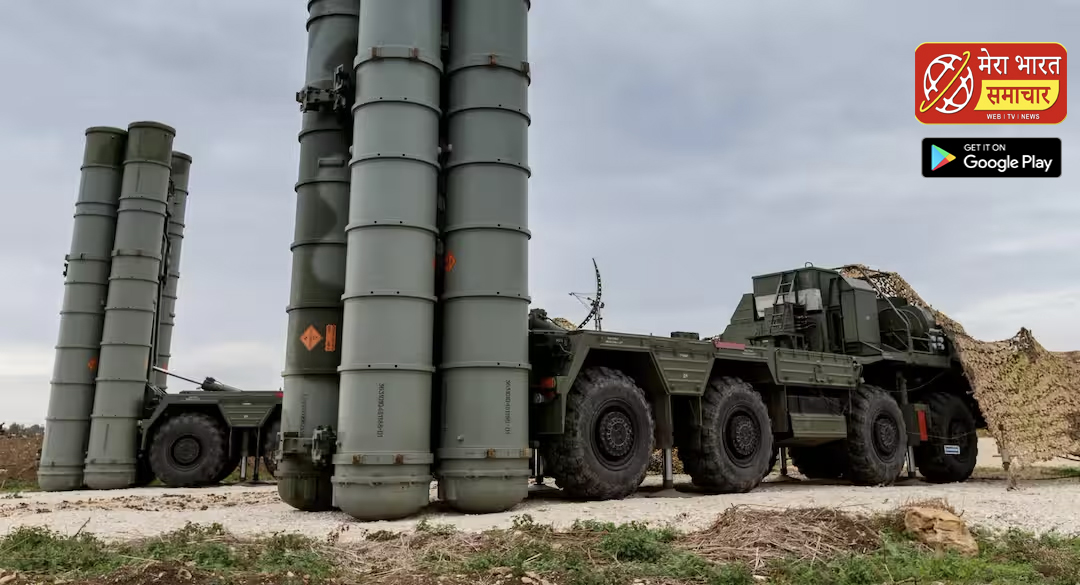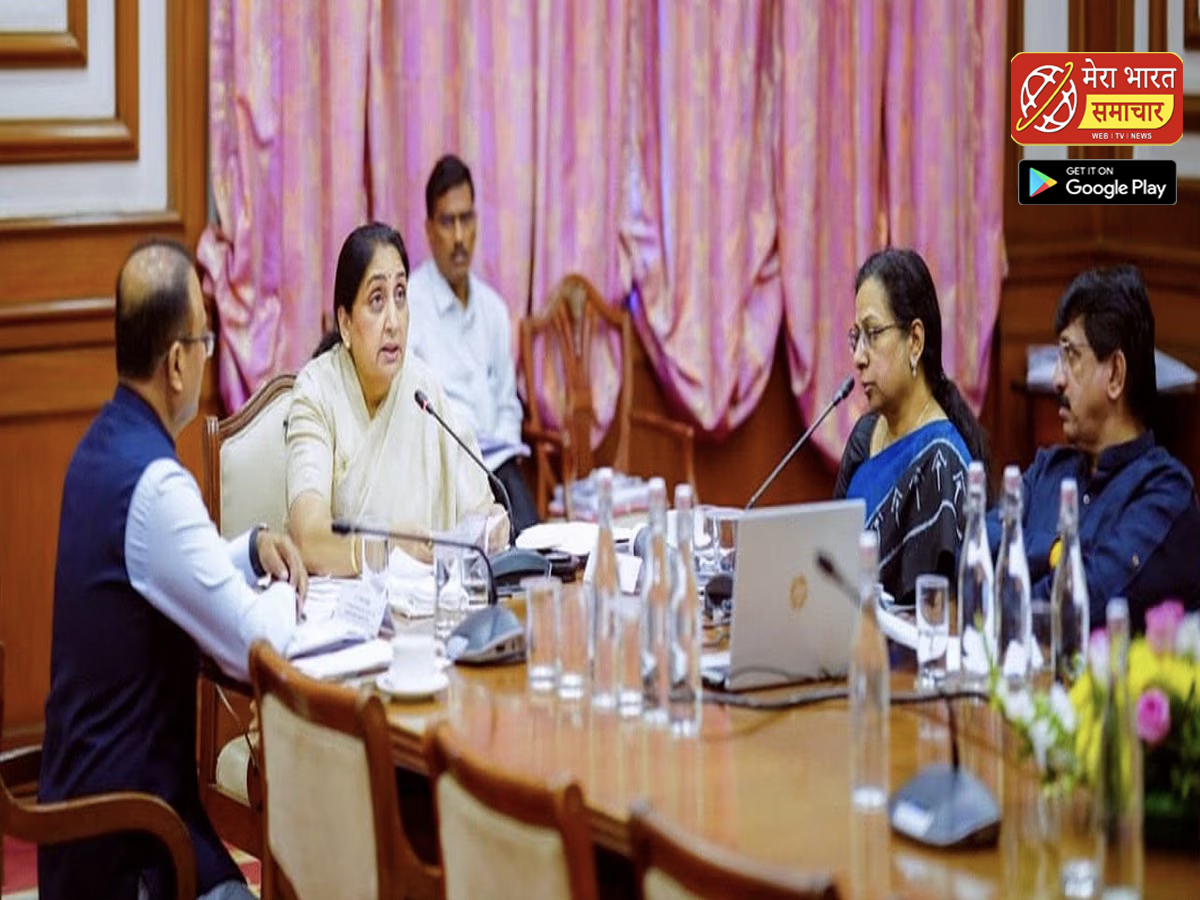US officials spent hundreds of hours over five months debating, crafting and then touting a punishing array of economic sanctions to try to scare Russian President Vladimir Putin off invading Ukraine, but almost from the beginning, many shared the same view: This strategy probably won’t work.
Those concerns became reality Thursday when Russian forces attacked targets across Ukraine and Putin vowed to “demilitarize” the country and replace its leaders.
Ukraine’s government called the Russian offensive a “full-scale invasion.” In a statement late on Wednesday night, US President Joe Biden said that he would imminently announce “further consequences” for Russia, in addition to sanctions unveiled earlier in the week.
Biden on Tuesday had set out a partial “first tranche” of sanctions – a modest package that underwhelmed political observers and financial markets – then followed up with additional measures the following day, including sanctions against Nord Stream 2 AG, the company that built the $11 billion natural gas pipeline connecting Russia and Germany. Biden’s aides have said they’re holding heavier punishments in store – but behind the scenes, there’s persistent skepticism about the strategy.
More than a dozen current and former US officials, many of whom helped assemble the response, told Bloomberg News they’ve been deeply dubious that sanctions would change Putin’s behavior.
Yet after Biden made clear last year that the US would not send troops or heavy weapons to Ukraine, there were no other solid options. It was left to his team to try to prove, for the first time, that the threat of economic warfare against a major adversary like Russia would suffice when military deterrence wasn’t an option.
As US leaders grew wary of repeating military debacles in Iraq and Afghanistan, the relative ease of imposing economic sanctions has made them the foreign-policy option of first resort, despite a growing body of evidence that they often fail to achieve their goals.
In some cases, experience has shown that sanctions only entrench undesirable behavior from the parties they target. Those limitations are compounded by the prospect that the toughest sanctions on Russia – those that might actually alter Putin’s behavior – would also imperil the US and global economies, already beset by surging prices for oil and other commodities.
“The tool of sanctions has become a tired tool,” said Stephen Biegun, the former deputy secretary of state under Donald Trump and a veteran of other Republican administrations, who helped formulate US policy toward North Korea. Biegun said Biden’s administration has no good options for countering Putin, but the use of sanctions “has not seemed to significantly alter the behavior of any foreign party whose actions are of concern to the United States.”
The first wave of sanctions certainly did not deter Putin, who announced the Russian offensive in a televised address and said he aimed to oust what he called “the Kyiv regime.” Putin said he was taking action in part to protect civilians in separatist regions from Ukraine’s military, though there was no evidence they were under any threat of attack.
Shortly afterwards, Russia launched a barrage of missile and artillery attacks. Ukraine’s border guard said that it was being shelled from five regions, including from Crimea in the south and Belarus to the north, as Russian tank columns moved into the country. Ukraine’s Interior Ministry said that the capital, Kyiv, was under attack and urged citizens to go to shelters.
Biden’s team – some of whom had criticized Trump and his predecessors for using sanctions too often and without plans for lifting them – ultimately adopted a strategy with sanctions at its center. On Wednesday morning, a person familiar with the administration’s thinking had acknowledged “an air of inevitability hanging over” the prospect of a full Russian invasion, but said that’s spurring a sense that “we’re damn sure going to try” to counter Putin’s plans with meaningful sanctions. That person, like others interviewed for this story, asked not to be identified discussing internal deliberations.
Another senior administration official pushed back against such pessimistic views. Sanctions are only one portion of the administration’s effort to deter an invasion, the official said, and the administration has been “clear-eyed” about the prospect that Putin might choose to invade. But a more basic goal has been to try to convince the Russian leader that doing so would result in united opposition from western nations, undercutting Russia’s economy and its technological prowess in the future, the US official said.










